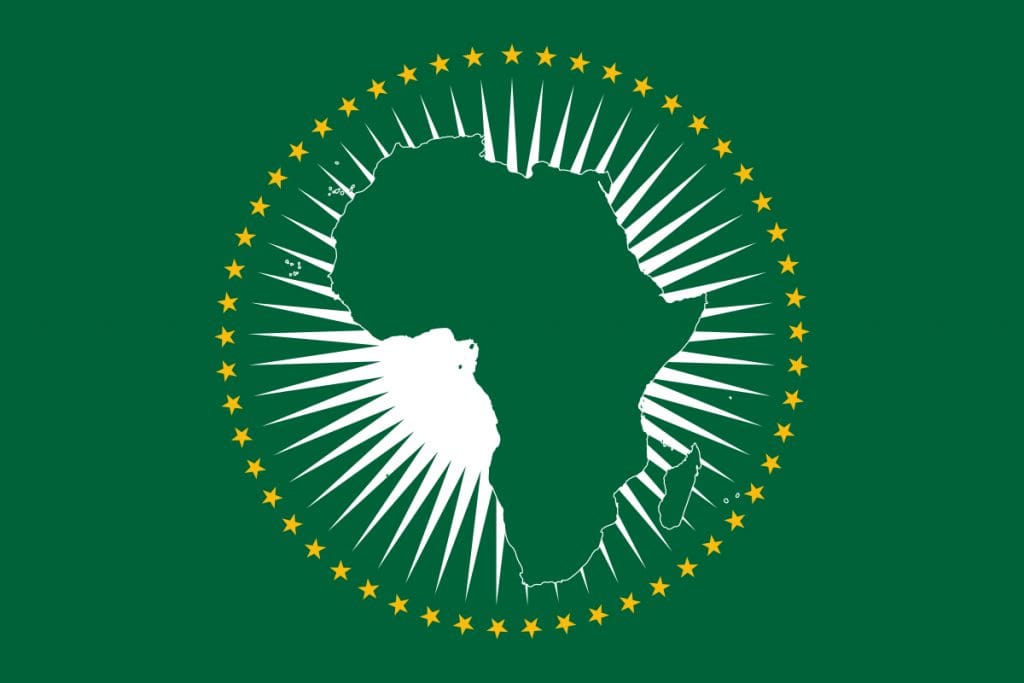The emissaries of the Peace and Security Council of the African Union (AU), who have been on a mission in the Malian capital Bamako since July 14, have hailed the “progress” made in the course of the country’s political transition.
Ensuring that Mali is on the right track: This was the objective of the AU delegation whose stay in Mali ended on Friday. On Monday, on Twitter, the Malian Presidency reported the words of Victor Adekele, Nigeria’s Permanent Representative to the pan-African body: We had very fruitful discussions with all the interlocutors we met, starting with the Prime Minister and some Cabinet ministers, members of the civil society ….”
For his part, Colonel Assimi Goita, Mali’s transitional president, reiterated his commitment to respecting the transition deadline, which is supposed to last 18 months. This should lead to the holding of general elections in February 2022.
In addition, Mr. Goita promised to soon lift the restrictions on the freedom of Bah Ndaw, the former president of the transition, his Prime Minister Moctar Ouane and other personalities.
During his meeting with the AU delegation at the Koulouba Palace, Colonel Assimi Goita also emphasized the proper conduct of the Disarmament, Demobilization and Reintegration (DDR) mechanism. For him, the security crisis in the Sahel will be difficult to manage as long as this process “is not actively carried out.”
Following the dismissal of Bah Ndaw and Moctar Ouane, the African Union suspended Mali from its bodies. But with the “positive assessments” made by Goodluck Jonathan, the mediator of the Economic Community of West African States (ECOWAS) and the “satisfaction” expressed by the delegation of the Peace and Security Council of the African Union, Mali can now expect good news.
In any case, said Mr. Adekele, the head of the AU delegation, the African Heads of State and Government “will decide what support to give to the transitional authorities” of Mali after a thorough review of the mission’s report.
ID/cgd/fss/abj/APA


